Sunstroke and heat exhaustion are two similar illnesses caused by the breakdown of different mechanisms in the body.
Sunstroke, also known as heat stroke, occurs when the body’s ability to keep cool malfunctions from long term exposure to direct sun on the head. The result is dangerously high fevers and hot, red, dry skin. The pulse and breathing are very fast due to the high fever. The person feels hot and weak, and the face becomes very red. Headaches, dizziness and dullness signal impending sunstroke. Nausea and vomiting are accompanying symptoms. Sunstroke is a very serious and should be treated as a medical emergency. Take immediate measures to cool the body down. If the temperature is to dangerously high, take care not to allow temperatures to fall too low.
In heat exhaustion, the body collapses due to excessive loss of fluid from sweating too much and drinking too little. It does not necessarily have to be a very sunny day. Unlike sunstroke, the skin is pale, cold and clammy. There is no fever. Blood pressure is low and the pulse slow and weak. Sudden drenching sweats signal the start of heat exhaustion. Anxiety, weakness and fatigue arise long before the collapse, Heat exhaustion is much less serious, and through it should also be carefully monitored.
Both heat exhaustion and sunstroke are easily avoided with simple measures. Intense exercise in the sun and heat can easily lead to exhaustion and heavy sweating. If exercising in the heat cannot be avoided, drinking enough liquids with sufficient minerals, particularly salt, is of utmost importance. I myself, in very hot climates always take ½ teaspoon of salt everyday with a glass of water, but I tend to lose a lot of salt.
Clothing should be loose and airy enough to allow the skin to sweat to keep the body cool. Children, the elderly and weak convalescents are most susceptible to the hazards of heat. Alcohol also reduces the body’s ability to respond appropriately to heat. Circulatory collapse as a result of standing too long in the heat will produce heat exhaustion. In this case the venous system collapses, allowing too little blood to return to the heart and the brain. It is best prevented by walking around. If the person feels faint or actually does faint, lying them down with legs raised should help. Women with low blood pressure and a poor venous system are most susceptible.
Stay cool in hot weather by eating refreshing fruits and vegetables, such as watermelon, pineapple and cucumber. Real lemon juice added to cold water and a spoon of honey is a great for over exposure to heat and sun.
Source: ArticlesFactory.com

